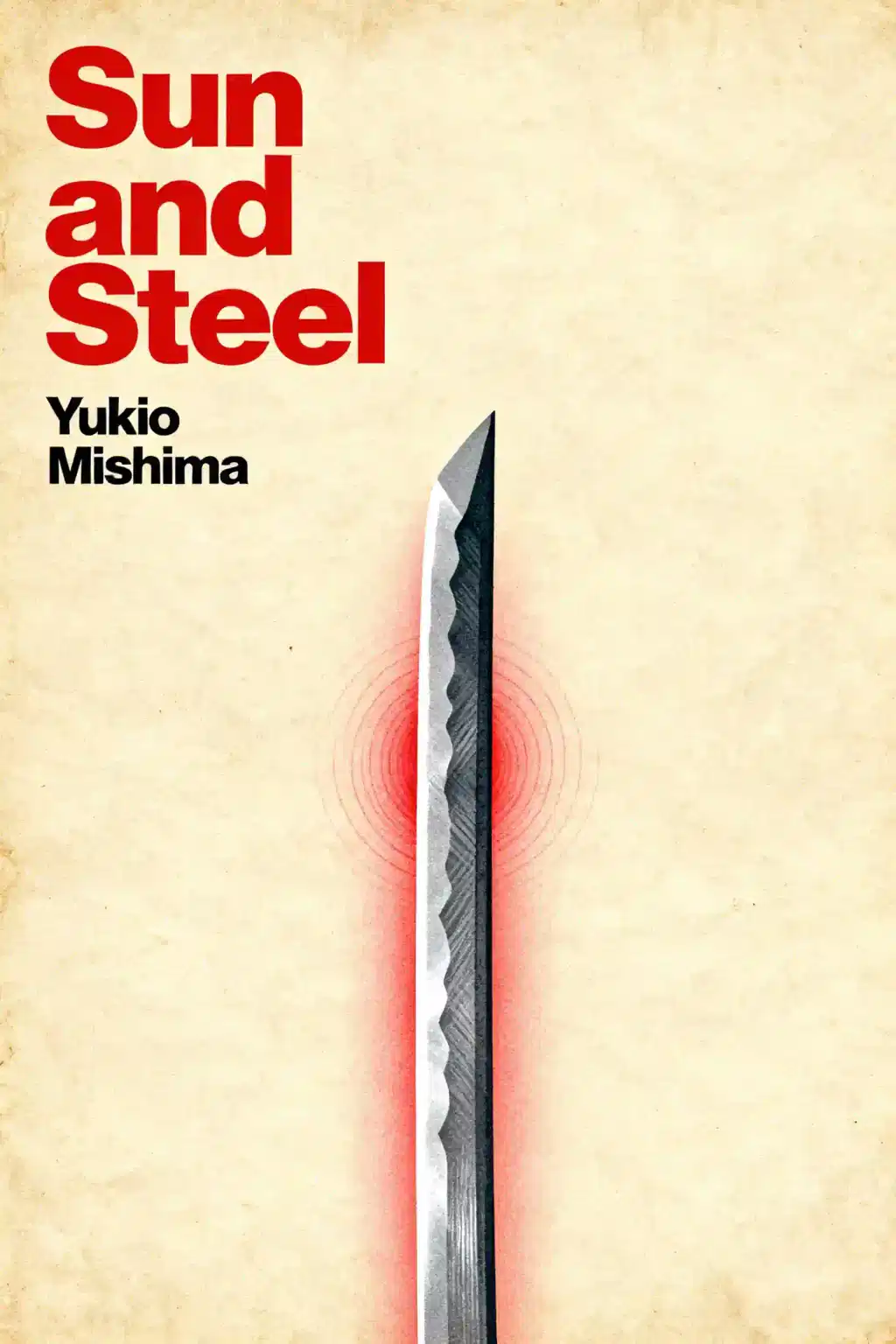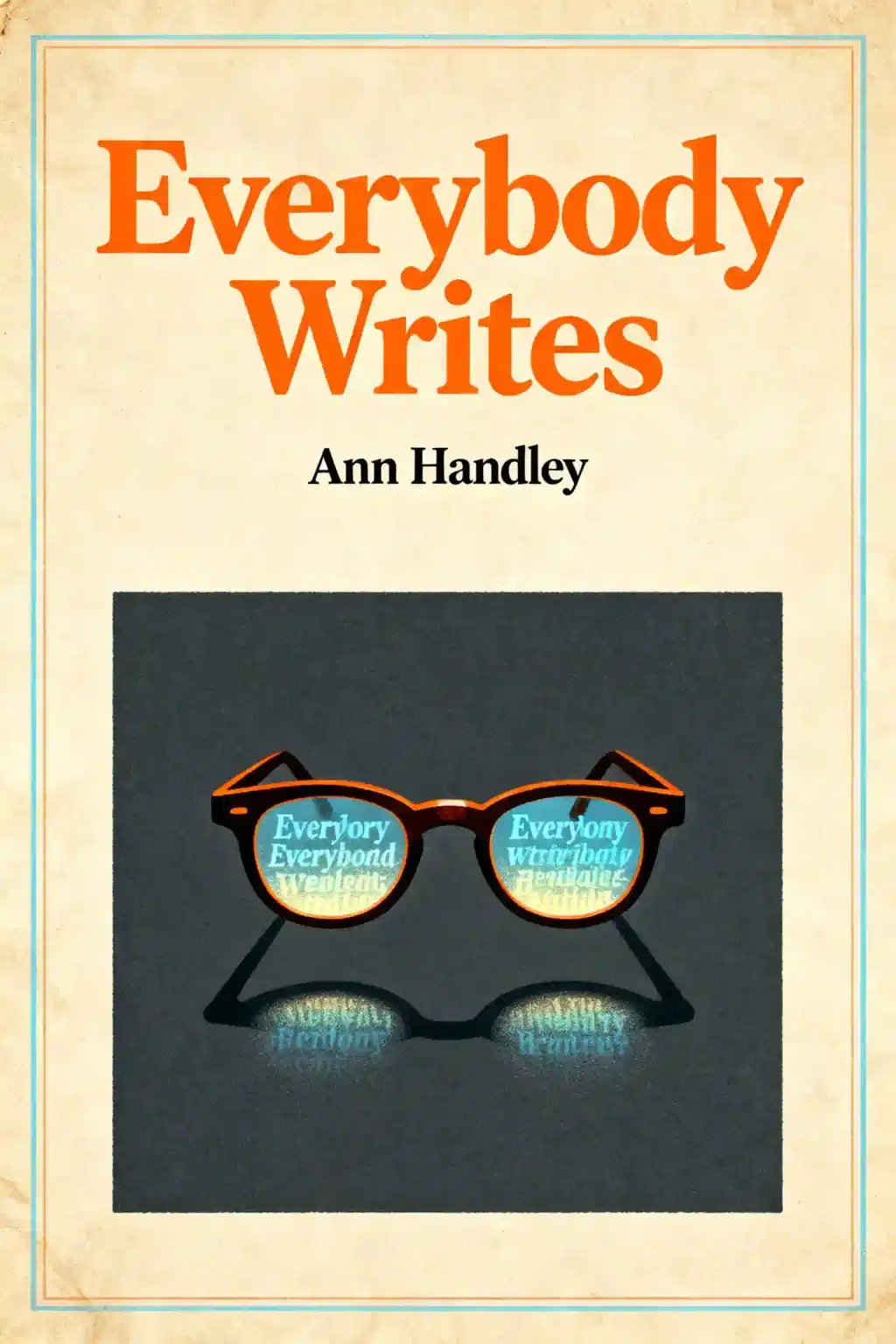What is Sun and Steel by Yukio Mishima about?
Sun and Steel by Yukio Mishima is an autobiographical essay exploring the relationship between mind and body, words and physical action. Mishima describes his transformation from a bookish, intellectual youth to a man devoted to physical training through weightlifting, running, and fencing. The "sun" symbolizes the cult of the open air and vitality, while "steel" represents the weights used in bodybuilding. The essay examines how physical discipline offers a form of knowledge inaccessible through language alone.
Who was Yukio Mishima and why is he significant?
Yukio Mishima (born Kimitake Hiraoka, 1925-1970) was one of the most important Japanese novelists of the 20th century. He was nominated for the Nobel Prize in Literature five times during the 1960s and is known for works like Confessions of a Mask and The Temple of the Golden Pavilion. Mishima was a prolific author whose writing featured luxurious vocabulary, fusion of traditional Japanese and Western styles, and obsessive exploration of beauty, eroticism, and death.
Who should read Sun and Steel by Yukio Mishima?
Sun and Steel by Yukio Mishima is ideal for readers interested in philosophy, bodybuilding culture, and the intersection of physical and intellectual life. It appeals to those exploring personal transformation, self-integration, and identity formation. Fans of Mishima's novels will find it essential for understanding his artistic philosophy and later works. The book also suits readers curious about Japanese post-war literature, existential philosophy, and the relationship between action and art.
Is Sun and Steel by Yukio Mishima worth reading?
Sun and Steel by Yukio Mishima is worth reading for its unique philosophical perspective on embodiment and artistic creation. The essay combines confession, self-analysis, philosophy, and poetry in Mishima's polished, complex style. It provides an indispensable key to understanding Mishima's novels and literary vision while offering profound insights into physical discipline as a path to self-knowledge. However, readers should expect dense, introspective prose rather than practical fitness advice.
What does the sun symbolize in Sun and Steel by Yukio Mishima?
In Sun and Steel by Yukio Mishima, the sun symbolizes vitality, the open air, and physical consciousness. Mishima associates his first meaningful encounter with the sun during the summer at the end of World War II, connecting it with death and transformation. The sun represents external reality and bodily experience, contrasting with the abstract world of words and intellect. For Mishima, the sun embodies the cult of outdoor physical activity that counteracts the corrosive nature of language.
What does steel represent in Sun and Steel by Yukio Mishima?
Steel in Sun and Steel by Yukio Mishima represents the weights used in bodybuilding and the discipline of physical training. Mishima describes developing a close relationship with "steel" through weightlifting, which transforms his puny, bookish body into a work of art. Steel symbolizes strength, physical courage, and the principle of the body as reality rather than abstraction. The interdependence of strength and steel mirrors the condition of an individual existing authentically in the world.
How does Sun and Steel by Yukio Mishima view the relationship between words and the body?
Sun and Steel by Yukio Mishima presents words as corrosive forces that reduce reality to abstraction and distance us from physical truth. Mishima argues that language transforms reality into concepts the mind can contemplate, but this process fundamentally changes and corrupts genuine experience. In contrast, the body represents immediate, non-abstract reality that exists before language. Physical training offers knowledge inaccessible through words alone, creating a form of consciousness rooted in suffering and sensation rather than intellectual abstraction.
What role does physical training play in Sun and Steel by Yukio Mishima?
In Sun and Steel by Yukio Mishima, physical training serves as a path to self-knowledge, transformation, and preparation for death. Mishima claims that bodybuilding and accepting pain provide consciousness inaccessible through language. The cultivation of muscle represents both aesthetic and moral discipline, bridging the gap between abstract thought and physical existence. Physical training also serves as proof of existence and enables courage, with suffering acting as the constant companion of physical bravery that helps individuals understand and appreciate mortality.
How does Sun and Steel by Yukio Mishima explore death and tragedy?
Sun and Steel by Yukio Mishima views death, especially heroic or violent death, as the ultimate unification of body and spirit. Mishima argues that true tragedy requires group identity and shared physical ordeal, through which ordinary people attain momentary nobility. He believes beauty and honor reach their fullest realization at the moment of death when the body is at its peak. The essay rejects abstract or intellectual conceptions of death, insisting that only physical courage and suffering bring genuine awareness of mortality.
What does Sun and Steel by Yukio Mishima say about group identity and shared suffering?
Sun and Steel by Yukio Mishima presents the group as embodying "the principle of flesh," where individuality dissolves through shared physical experience. Mishima argues that only collective suffering—sweat, fatigue, and risk—enables individuals to attain higher existence and glimpse the divine. The language of the group is physical rather than verbal, enacted through rituals, training, and communal action. This concept of "uncommunicable shared suffering" ultimately rejects the agency of words and enables the affirmation of identity through tragedy and the possibility of heroic death.
What are the most important quotes from Sun and Steel by Yukio Mishima?
Sun and Steel by Yukio Mishima contains several profound quotes illuminating its central themes.
- "Words are a medium that reduces reality to abstraction" reveals Mishima's critique of language's corrosive power.
- "The muscles that I thus created were at one and the same time simple existence and works of art" captures his view of the body as both reality and aesthetic object.
- His statement that physical courage is "the source of that taste for understanding and appreciating death" connects bodily discipline to existential awareness.
How does Sun and Steel by Yukio Mishima relate to his other works and life?
Sun and Steel by Yukio Mishima provides essential context for understanding his novels and literary philosophy. The essay's obsession with beauty, death, and the unity of body and spirit appears throughout Mishima's fiction, including Confessions of a Mask and The Temple of the Golden Pavilion. His physical transformation and involvement with a paramilitary group described in the essay foreshadowed his 1970 attempted coup and ritual suicide by seppuku. The work illuminates Mishima's far-right ideology and belief in traditional Japanese warrior culture that characterized his later life.














